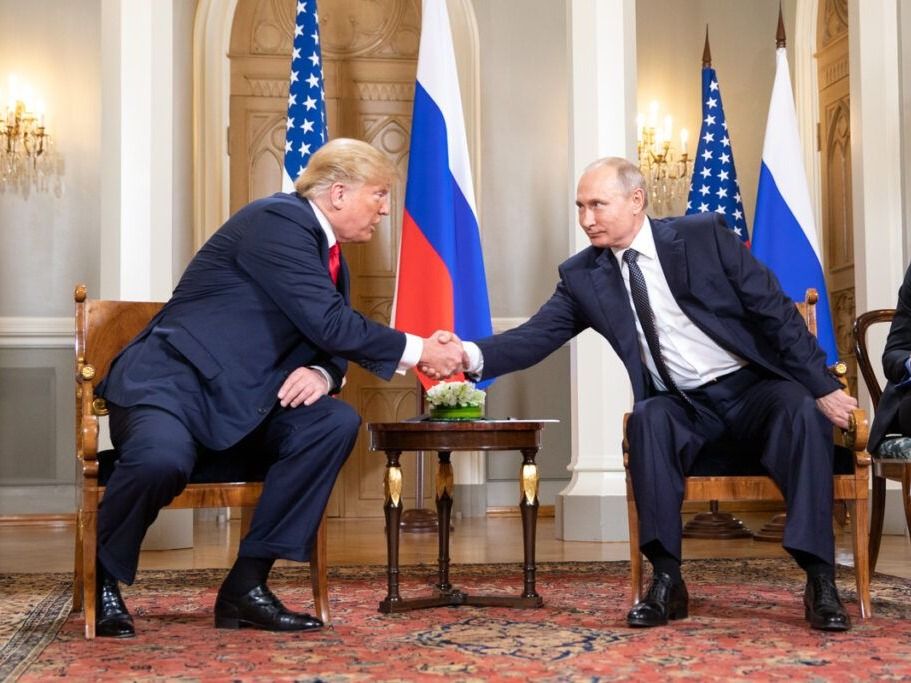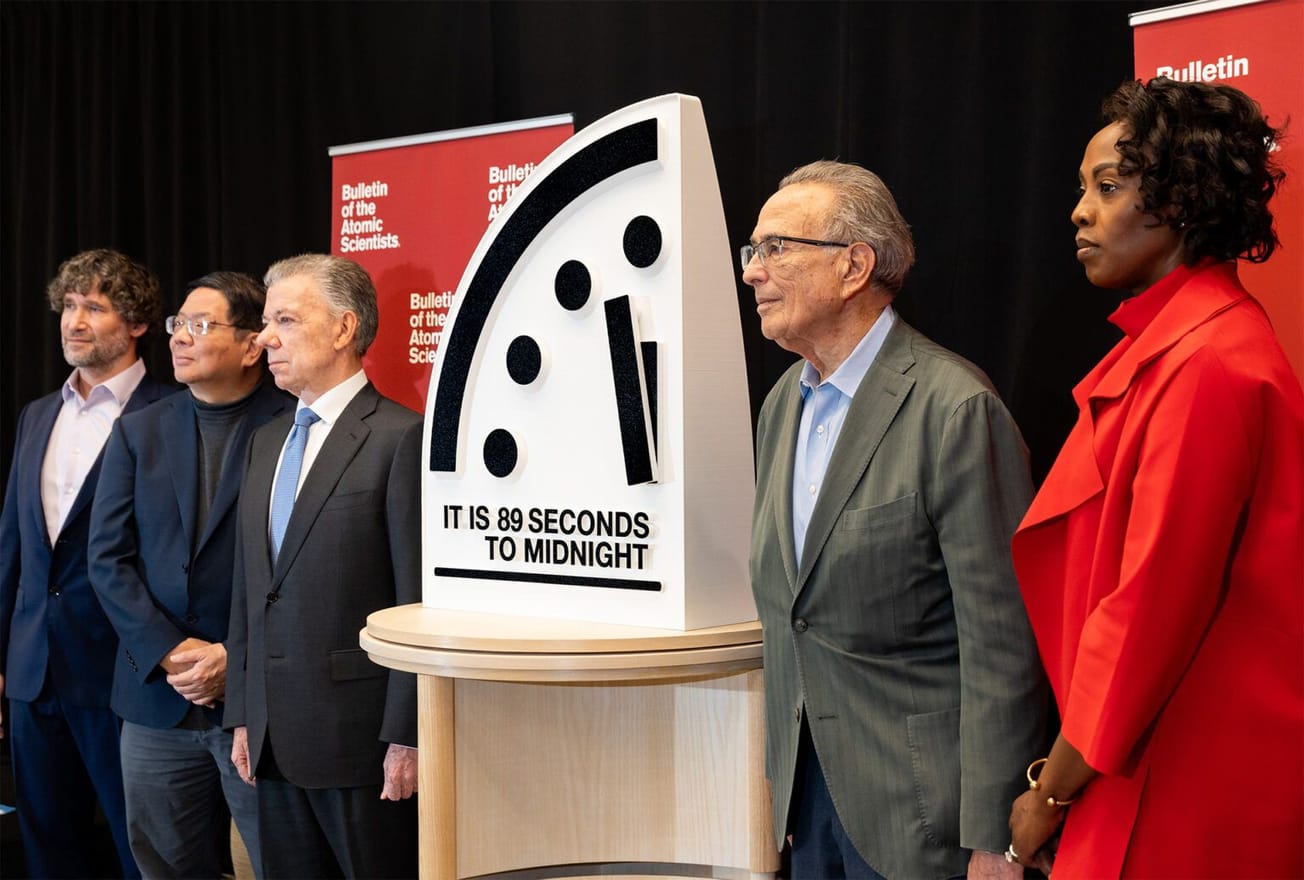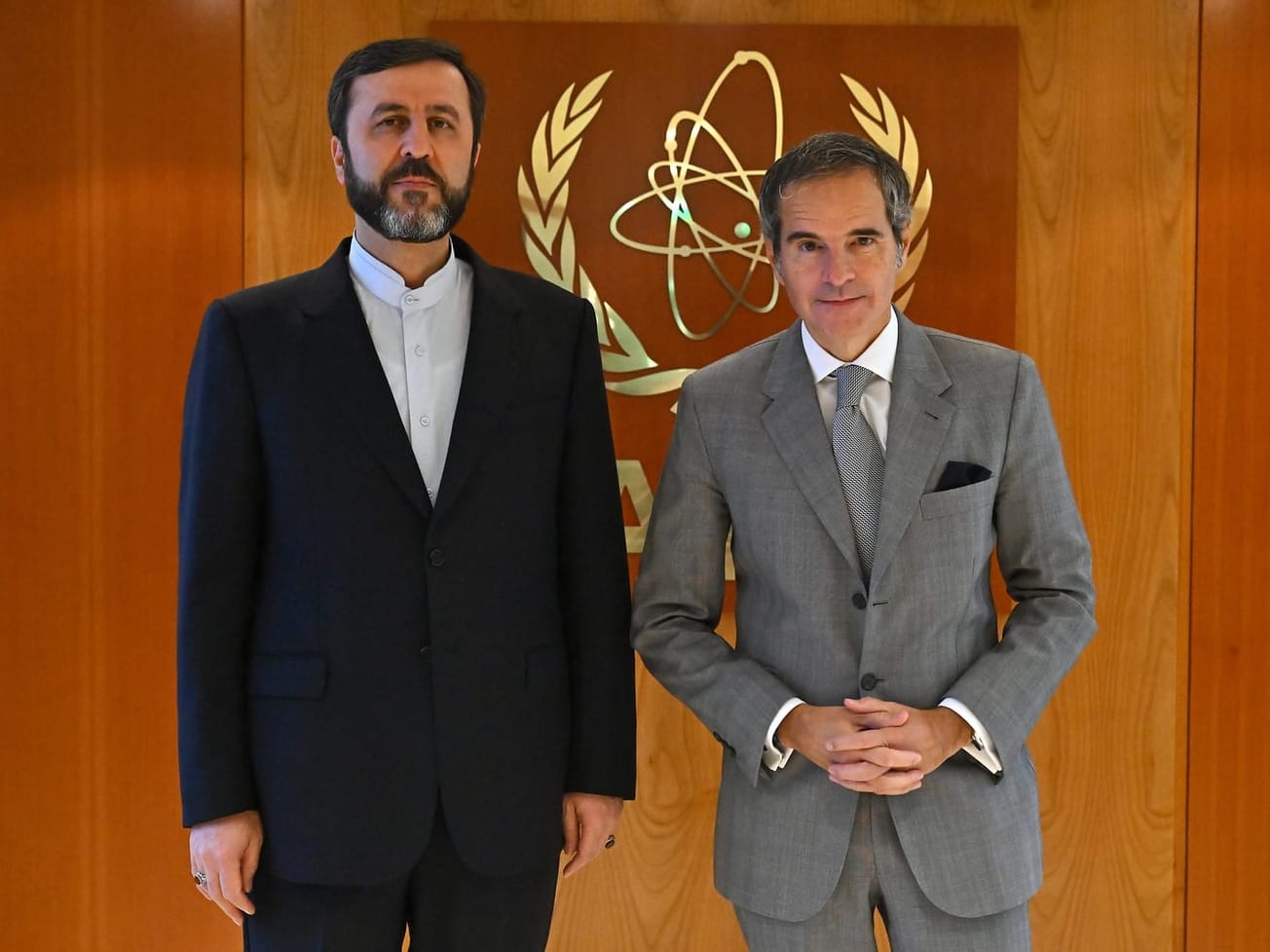WASHINGTON (AN) — U.S. President Donald Trump appeared to be pushing for a foreign policy win before Election Day, as his special envoy for arms control declared on Tuesday "important progress" was made towards renewing a nuclear arms control deal with Russia.
Trump's last-minute effort to salvage the New Strategic Arms Reduction Treaty, or New START, comes after letting more than a year slip by without pursuing disarmament talks.









